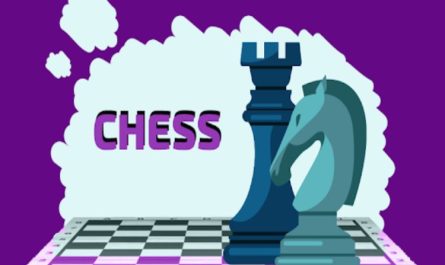Unusual psychological tricks play an important role in poker as they allow a player to read his opponents and use bluffing as a strategic tool. Today we try to look at some of the key aspects of poker psychology and how to apply them.
Reading your actual opponents is one of the top skills that are essential to playing new online poker successfully. It is the process of analyzing the behavior and actions of opponents to understand their cards or intentions. While it is impossible to know with absolute certainty what cards your opponents are holding, there are several signs that you can look out for.
Is it possible to bluff in online poker?
In the virtual lobby, the user does not see the opponents, and therefore the possibility of cheating the competitor visually automatically falls away. However, this is far from a disadvantage. It should be understood that the gambler himself is in a safer position because no one can read his emotions. You can download the teen patti live poker apk to monitor opponents’ moves better.
Bluff should be through strategy. The best solution is to first stay in the shadows, make minimum bets and go for the competitors. When someone starts to lead the game, he gives away his style of play. It will help to go all-in on the third or fourth hand and simply scare the player, who immediately loses confidence in his leadership.
Where to start for a beginner
The first step in reading your opponents is to observe their behaviour and manner of play. It is important to note that each player has their own unique mannerisms and habits, so it is important to be attentive and focused. Some indicators to look out for include:
- Facial expression and facial expressions. Observe your opponents’ facial expressions, especially when they are looking at their cards or betting. Some players may make intentional or involuntary expressions that can indicate the strength or weakness of their hand. By the way, teen patti live poker apk also allows you to win through bluffing. In addition, the casino app is much faster in responding to player requests.
- Body movements and gestures: Pay attention to your opponent’s body movements and gestures, such as shaking hands, nervous leg movements or chip manipulation. These can be signs of nervousness or confidence in their actions.
- Behavior at the table. Pay attention to the general behaviour of your opponents. Some players may become more active or passive when they hold strong or weak cards respectively. Notice how they react to other players’ bets and how they make their own bets.
- Decision time. Pay attention to the time opponents take to make decisions. Players with strong hands tend to make decisions quickly, while players with weak hands may spend more time thinking.
It is important to note that reading opponents is not an absolute science, and each player can use different strategies to mislead their opponents. Therefore, it is important not only to pay attention to individual indicators but also to analyze them in the context of the overall game and the opponent’s behavior.
In addition to reading your opponents, bluffing is an integral part of poker strategy. Bluffing is deliberately misleading your opponents about the strength of your cards. While bluffing can be an effective weapon, it should be used carefully and wisely.
There are several things to consider when bluffing:
- The size of the bet. A bluff is usually accompanied by an aggressive bet or raise. A big bet can make your opponents think and question their cards, but too big a bet can also raise suspicion and lead to a call.
- Reading your opponents. Understanding the character and strategy of your opponents will help you determine when it’s best to use a bluff. If you are facing conservative players who rarely call bets, bluffing may have a greater chance of success. However, against aggressive players, bluffing may be less effective.
- Position at the table. The position plays an important role in bluffing. Bluffing from a late position can be more effective because you have more information about your opponents’ reactions and can control the size of your bets.
- Bluff Frequency. You should bluff with moderate frequency. If you bluff too often, your opponents will begin to suspect you and call your bets more often.
It is important to remember that successfully reading your opponents and bluffing takes practice and experience. Start by observing your opponents and analyzing their behavior. Over time, you will develop the skill of reading your opponents and using bluffs to your advantage.
Psychological tricks in poker play an important role in strategy and decision-making. Reading your opponents and bluffing are key elements of this psychology. Learn to observe, analyze and apply these skills to your game to increase your chances of success in poker.

